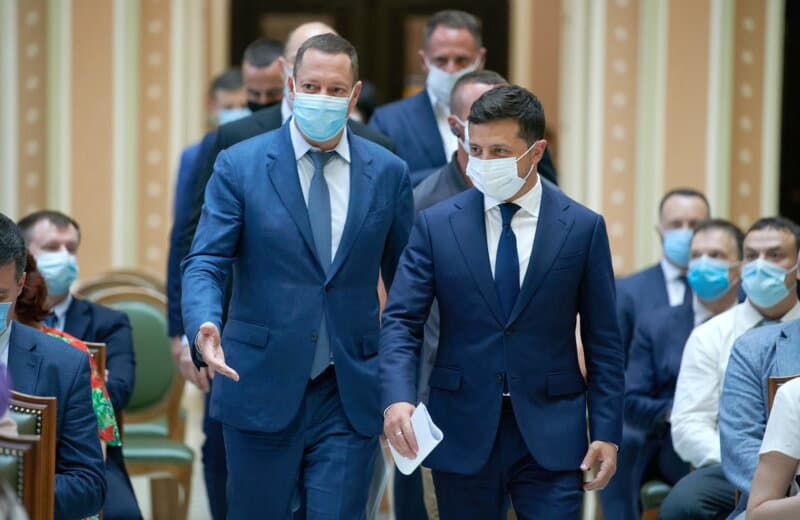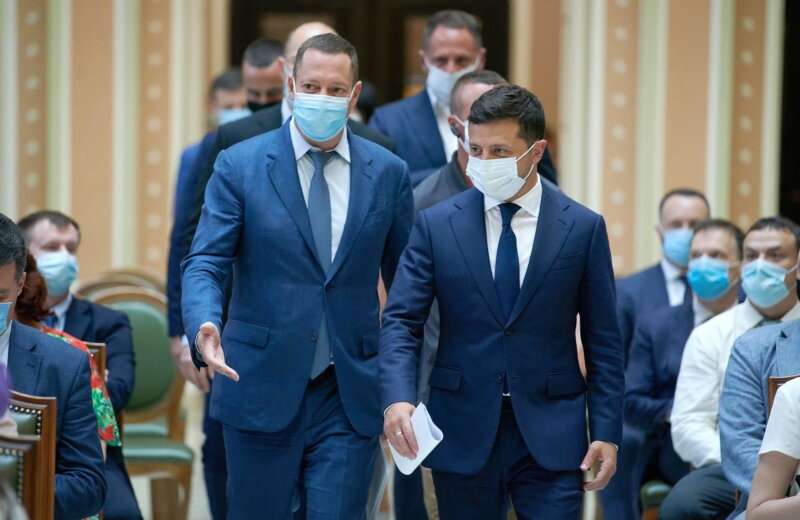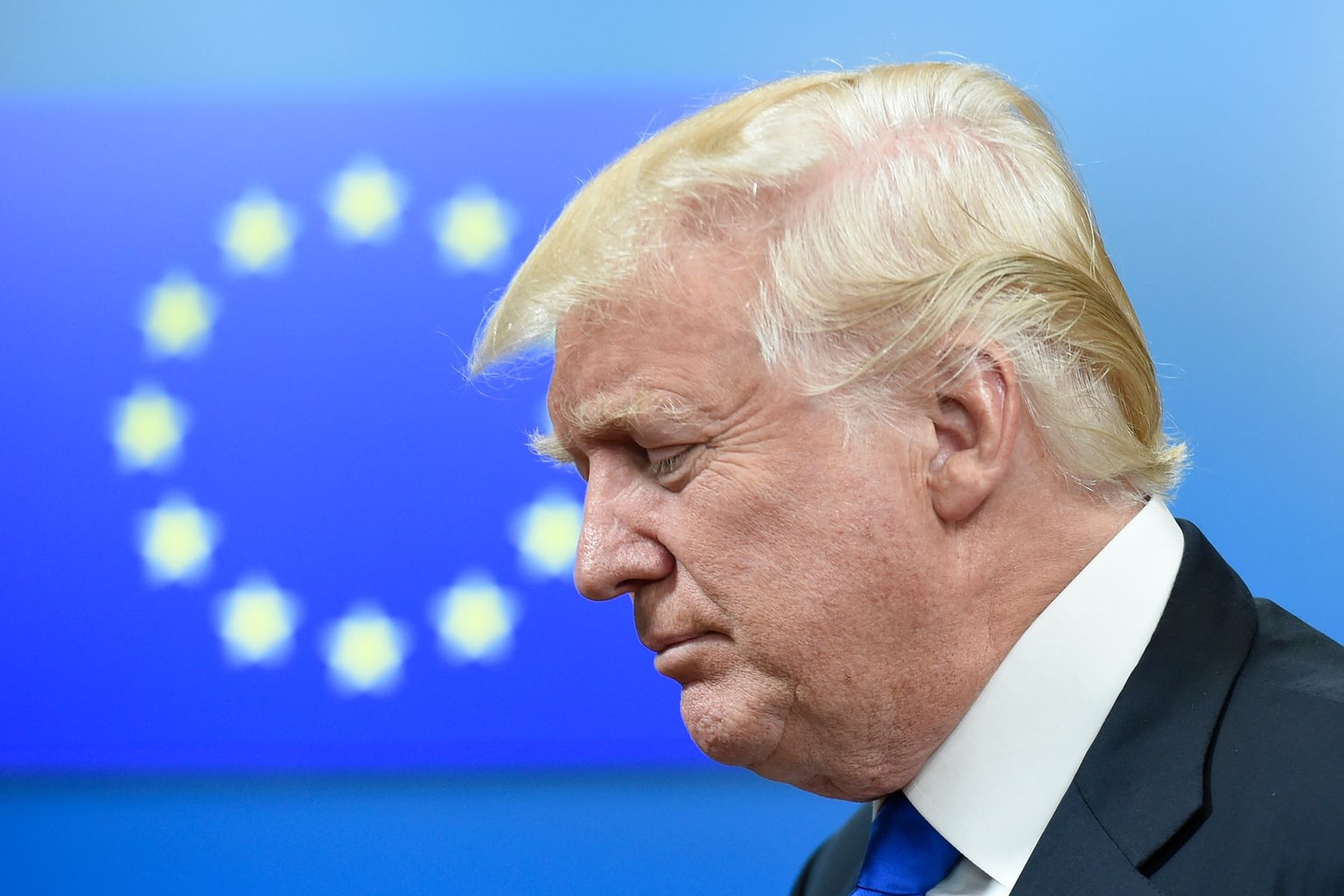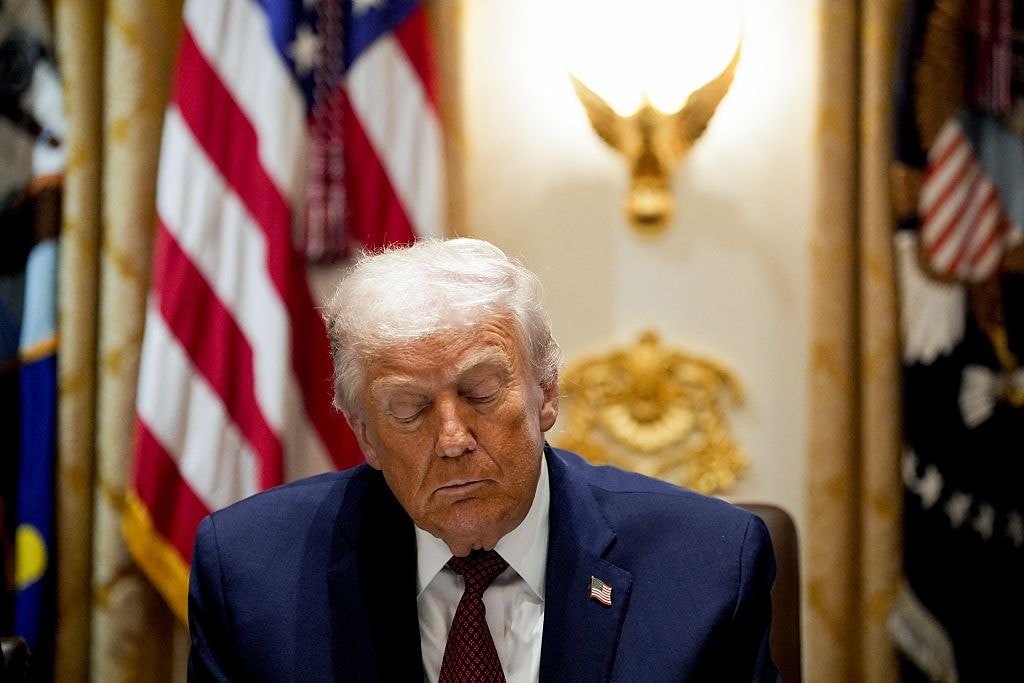NBU head complains of political pressure but isn't worried about central bank's independence


National Bank of Ukraine (NBU) head Kyrylo Shevchenko told Bloomberg on Dec. 10 that he's endured political pressure since his appointment in July 2020.
“We see attempts by certain actors to influence the decision-making process in the NBU, smear campaigns targeting the bank and its top management and even criminal cases,” Shevchenko said in the interview.
This kind of pressure, he added, is an inherent downside of being the governor of Ukraine's central bank. “My predecessor, (Yakiv Smolii), has gone through the same,” Shevchenko said.
Smolii resigned in July 2020, blaming political pressure. The former governor had complained about disagreements with President Volodymyr Zelensky and media campaigns aiming to discredit him. Smolii's resignation raised concerns among international financial institutions that consider the NBU's independence to be of paramount importance.
As of today, Shevchenko said that he is not worried about the central bank's independence, thanks in part to a new law passed by parliament on Oct. 19 to fulfill Ukraine's commitment to the International Monetary Fund.
This new law limits the powers of the NBU Council, an advisory body appointed by parliament and the president. This body, which develops monetary policy and evaluates the central bank's performance, has repeatedly clashed with the NBU's leadership in the past.
The new law strips away the NBU Council's power to evaluate the impact of the NBU's governance and policy decisions.
The legislation also introduces a code of ethics for NBU employees and clarifies the grounds for dismissal of the head of the central bank and their team.
Numerous high-level NBU employees resigned throughout Shevchenko's year and a half in office. Some of them accused the governor of pressuring them out and introducing a "my way or the highway" leadership style that hurt the collegiality of the central bank. Shevchenko and his team denied these accusations.
In October, Bloomberg reported that Zelensky wanted to replace Shevchenko as the head of the NBU. Zelensky has repeatedly and publicly questioned Shevchenko’s performance and even said that he regretted appointing him.
However, during a press marathon on Nov. 26, Zelensky said that he has no immediate plans to replace Shevchenko, but can change his opinion in a month.
When asked by Bloomberg what he thinks of Zelensky’s words, Shevchenko said that he would rather “refrain from interpreting them.”
“It is better to ask him,” he added.
As of today, Shevchenko said that he’s not going anywhere.
“We've done a lot of work to stabilize the market, ensure record profits of the banking sector and strengthen the independence of the NBU,” he said. “We have a lot of plans ahead.”










